The Comprehensive Guide to Wholesale Private Label Makeup Products: A Strategic Approach to Branding Success
Related Articles: The Comprehensive Guide to Wholesale Private Label Makeup Products: A Strategic Approach to Branding Success
Introduction
With enthusiasm, let’s navigate through the intriguing topic related to The Comprehensive Guide to Wholesale Private Label Makeup Products: A Strategic Approach to Branding Success. Let’s weave interesting information and offer fresh perspectives to the readers.
Table of Content
The Comprehensive Guide to Wholesale Private Label Makeup Products: A Strategic Approach to Branding Success

In today’s competitive beauty market, standing out from the crowd is paramount. While established brands command significant shelf space, emerging entrepreneurs and businesses seek innovative ways to carve their niche. This is where the concept of private label makeup products emerges as a powerful tool, offering a unique avenue for brand differentiation and market penetration.
Understanding Private Label Makeup Products: A Foundation for Success
Private label makeup products refer to cosmetics manufactured by a third-party supplier and subsequently branded and packaged under a client’s own unique label. This approach allows businesses to enter the market with their own distinct brand identity, product formulations, and packaging designs, fostering brand loyalty and customer engagement.
The Advantages of Embracing Private Label Makeup Products:
-
Brand Differentiation: Private labeling empowers businesses to establish a unique brand identity, separating them from the vast sea of generic products. This differentiation attracts discerning customers who seek customized experiences and quality products aligned with their values.
-
Cost-Effectiveness: Compared to developing and manufacturing products in-house, private labeling significantly reduces upfront costs associated with research, development, production, and packaging. This allows businesses to allocate resources strategically towards marketing and brand building.
-
Flexibility and Customization: Private label makeup products offer unparalleled flexibility in product formulation, packaging design, and branding elements. Businesses can tailor their offerings to specific market segments, catering to diverse needs and preferences.
-
Faster Time to Market: Private label makeup products eliminate the lengthy process of product development and manufacturing, enabling businesses to launch their brands quickly and capitalize on emerging market trends. This agility is crucial for success in a dynamic industry.
-
Scalability and Growth Potential: Private labeling provides a scalable solution, allowing businesses to expand their product lines and target new market segments with ease. This flexibility supports growth and diversification, fostering long-term sustainability.
The Power of Private Label Makeup Products: A Catalyst for Brand Growth
-
Building Brand Recognition: Private labeling allows businesses to control every aspect of their brand image, from product formulations to packaging designs. This consistency builds brand recognition and fosters trust among customers.
-
Enhanced Customer Loyalty: When customers connect with a brand’s values and identity, they are more likely to remain loyal. Private labeling empowers businesses to cultivate this connection by offering products that align with their brand ethos.
-
Increased Profit Margins: By eliminating the costs associated with in-house production, private labeling significantly improves profit margins. This financial advantage allows businesses to invest in marketing, research, and development, further fueling growth.
-
Market Penetration: Private label makeup products provide a strategic pathway for businesses to enter new markets and expand their reach. By partnering with established suppliers, businesses can leverage existing distribution channels and tap into new customer bases.
Choosing the Right Private Label Makeup Supplier: A Key Decision
Selecting the right private label makeup supplier is crucial for the success of any brand. Here are key factors to consider:
-
Experience and Expertise: Opt for suppliers with a proven track record in manufacturing high-quality cosmetics. Look for expertise in formulating, packaging, and adhering to regulatory standards.
-
Manufacturing Capabilities: Assess the supplier’s manufacturing capabilities, including their production capacity, equipment, and quality control measures. Ensure they can meet your production needs and maintain consistent product quality.
-
Product Portfolio: Evaluate the supplier’s product portfolio to determine if they offer the range of products you need. Consider their ability to customize formulations and develop new products according to your specifications.
-
Packaging Options: Explore the supplier’s packaging options, including materials, designs, and customization capabilities. Ensure they can meet your branding requirements and offer sustainable packaging solutions.
-
Regulatory Compliance: Verify the supplier’s adherence to relevant regulatory standards and certifications. This ensures the safety and quality of your products and protects your brand’s reputation.
-
Communication and Collaboration: Choose a supplier that prioritizes open communication and collaboration. They should be responsive to your needs, provide regular updates, and actively seek to understand your brand vision.
Navigating the Private Label Makeup Landscape: A Comprehensive Guide
1. Define Your Brand Identity: Before embarking on the private label journey, clearly define your brand’s mission, values, target audience, and aesthetic. This foundation guides all subsequent decisions, from product development to marketing strategies.
2. Research Market Trends: Analyze the current beauty market landscape to identify emerging trends, consumer preferences, and gaps in the market. This research provides valuable insights for developing products that resonate with your target audience.
3. Develop a Product Line: Based on your brand identity and market research, create a product line that aligns with your vision and caters to specific customer needs. Consider the variety, functionality, and packaging of your products.
4. Select a Private Label Supplier: Carefully evaluate potential suppliers based on their experience, manufacturing capabilities, product portfolio, packaging options, and regulatory compliance.
5. Negotiate and Secure Contracts: Once you’ve chosen a supplier, negotiate a contract that outlines production specifications, pricing, delivery timelines, and intellectual property rights.
6. Design and Customize Packaging: Collaborate with your supplier to design unique and visually appealing packaging that reflects your brand identity and resonates with your target audience. Consider sustainable packaging options to align with environmental values.
7. Conduct Quality Control: Implement rigorous quality control measures throughout the production process to ensure the consistency and safety of your products.
8. Launch Your Brand: Develop a comprehensive marketing strategy to promote your brand and generate awareness among your target audience. Utilize various channels, including social media, influencer marketing, and online advertising.
9. Build Customer Relationships: Foster customer relationships through excellent customer service, personalized communication, and engaging content. Encourage feedback and actively address concerns.
10. Continuously Innovate: Regularly monitor market trends and customer feedback to identify opportunities for product innovation and brand evolution. This ongoing process ensures your brand remains relevant and competitive.
FAQs: Addressing Common Questions about Private Label Makeup Products
1. Is private labeling suitable for all businesses?
Private labeling is a viable option for businesses of all sizes, from startups to established companies. It provides a cost-effective and flexible pathway to market entry and brand expansion.
2. How much does private label makeup cost?
The cost of private label makeup products varies depending on factors such as product complexity, quantity, packaging, and supplier pricing. It’s essential to request quotes from multiple suppliers to compare costs and negotiate favorable terms.
3. What are the minimum order quantities for private label makeup?
Minimum order quantities vary depending on the supplier and product type. It’s essential to discuss these requirements with potential suppliers to ensure they align with your production needs.
4. How long does it take to develop a private label makeup product?
The development time for private label makeup products depends on the complexity of the formulation, packaging requirements, and the supplier’s production schedule. Typically, the process can take anywhere from a few weeks to several months.
5. What are the legal considerations for private label makeup?
Private label makeup products must comply with relevant regulatory standards and labeling requirements. It’s essential to consult with legal professionals to ensure your products meet all legal obligations.
6. How can I protect my brand and intellectual property?
Establish clear intellectual property agreements with your supplier, including confidentiality clauses and trademark protection. Ensure your brand name, logo, and packaging designs are legally protected.
7. How can I ensure the quality of my private label makeup products?
Conduct thorough quality control checks throughout the production process, including raw material inspection, in-process monitoring, and final product testing. Partner with a reputable supplier known for its quality standards.
Tips for Success with Private Label Makeup Products:
-
Focus on Quality: Prioritize high-quality ingredients and manufacturing processes to ensure your products meet customer expectations and build brand trust.
-
Target a Specific Niche: Identify a specific market segment and tailor your product offerings and branding to resonate with their needs and preferences.
-
Build a Strong Brand Identity: Develop a unique brand story, aesthetic, and values that resonate with your target audience.
-
Leverage Social Media: Utilize social media platforms to connect with customers, build brand awareness, and showcase your products.
-
Collaborate with Influencers: Partner with relevant influencers to reach a wider audience and generate buzz for your brand.
-
Offer Excellent Customer Service: Provide exceptional customer service to build loyalty and positive word-of-mouth marketing.
Conclusion: Private Label Makeup Products: A Strategic Path to Success
Private label makeup products offer a powerful pathway for entrepreneurs and businesses to create and establish unique brands. By embracing this approach, businesses can differentiate themselves, achieve cost-effectiveness, customize product offerings, and accelerate market entry.
Choosing the right private label supplier, meticulously developing a product line, and implementing comprehensive branding and marketing strategies are essential for success. By embracing these principles and fostering continuous innovation, businesses can leverage private label makeup products to create sustainable and thriving brands in the competitive beauty market.
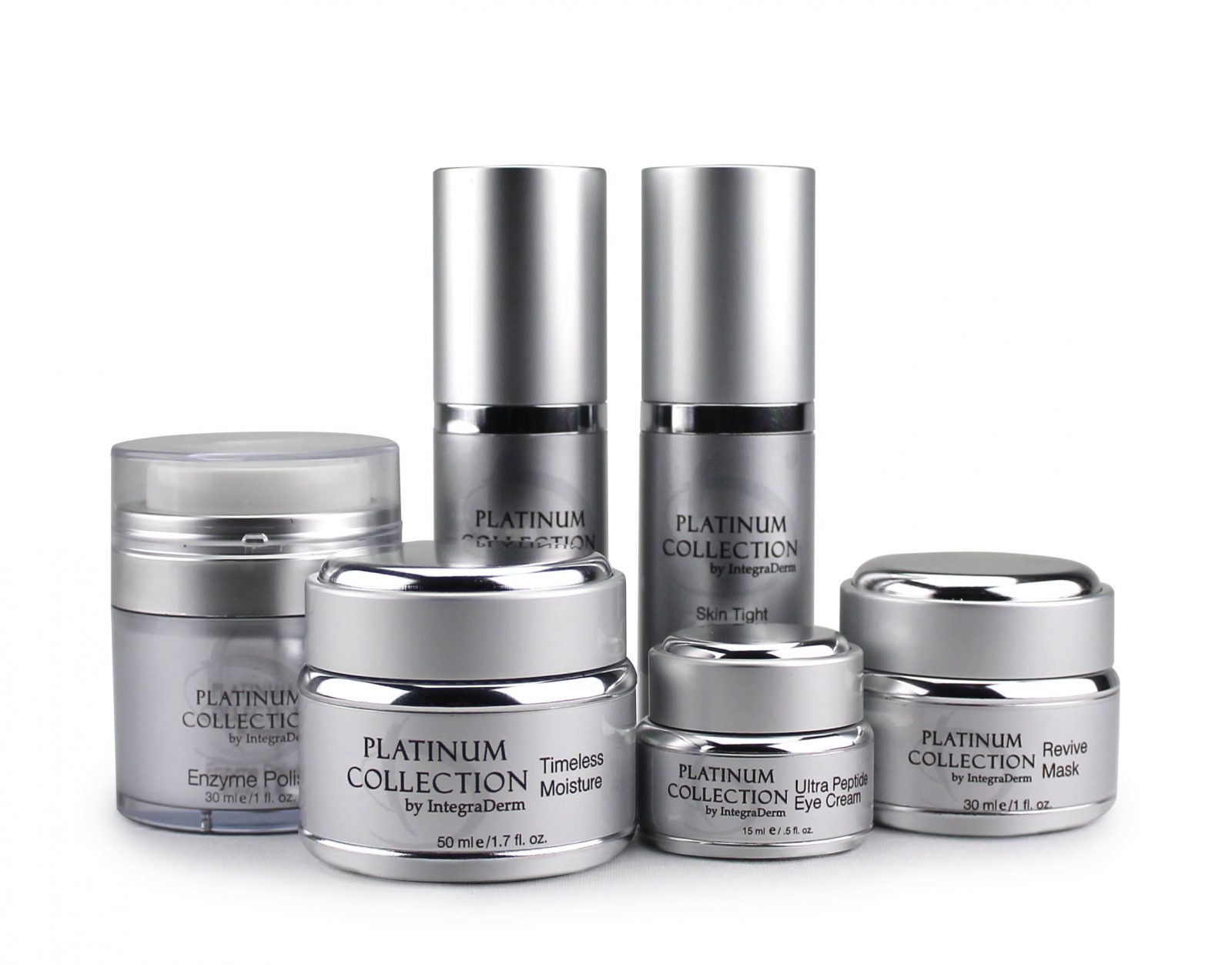
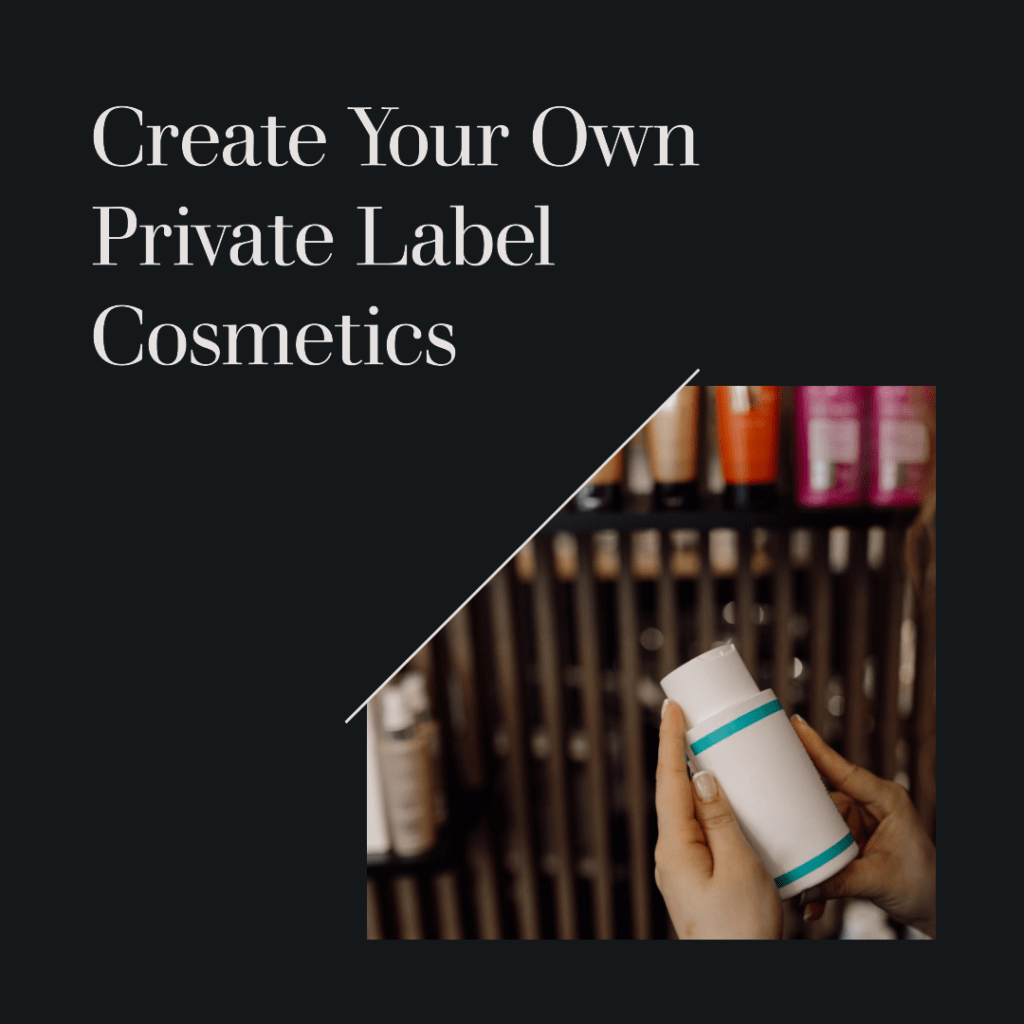


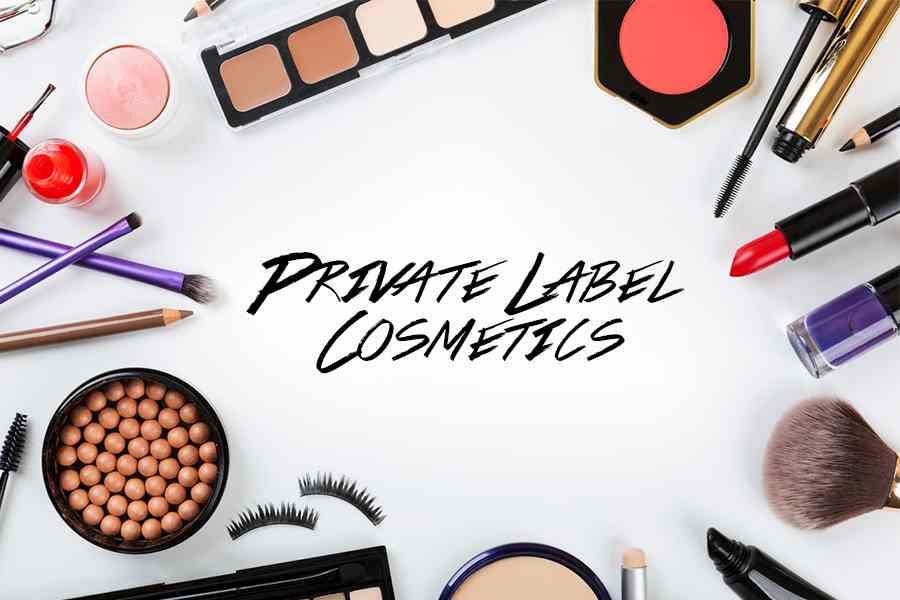
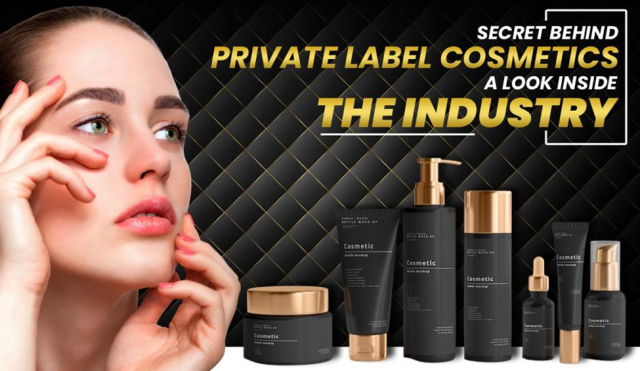
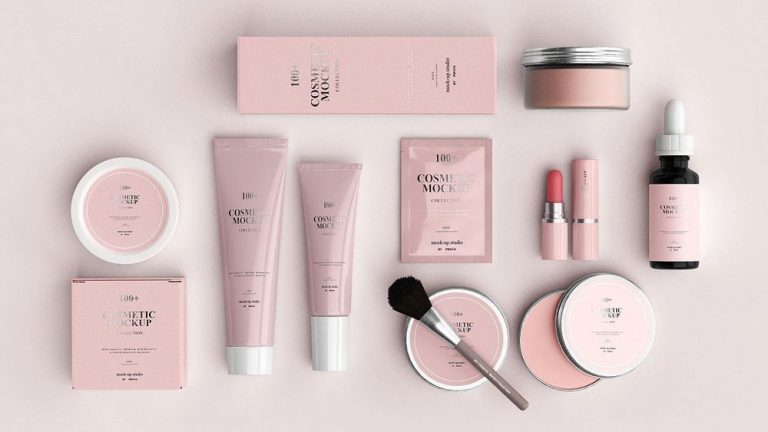

Closure
Thus, we hope this article has provided valuable insights into The Comprehensive Guide to Wholesale Private Label Makeup Products: A Strategic Approach to Branding Success. We hope you find this article informative and beneficial. See you in our next article!